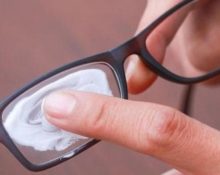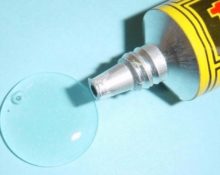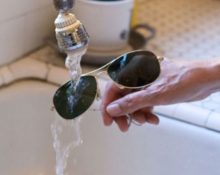Scratches on the lens spoil the appearance of the glasses and bring a lot of inconvenience to their owner, distorting visibility through the glass. But this does not mean at all that it is time to throw away the accessory. Scuff marks can be repaired using inexpensive improvised means. How to polish plastic glasses correctly and quickly, read further in our article.
General lens processing algorithm
Before starting the procedure, you must make sure that the glasses are made of plastic, since the abrasive agents that will be used in the process of cleaning glasses are not intended for glass surfaces.
You can remove defects at home by following these steps:
- Preparing lenses. They are thoroughly cleaned of dust with a special product and a soft cloth.
- Freeing them from the frame.
- Applying polish. Using a cotton swab, apply the product to the damaged surface, then place the lenses in a container.
- Washing. A few minutes after applying the substance, the glass is rinsed with cold water, the gloves and container are thrown away.
- Installation. Upon completion of all procedures, the lenses must be carefully inserted into the frame.
Important! After this procedure, the glasses lose their protective layer. And now they can easily acquire new scratches that will be impossible to get rid of.
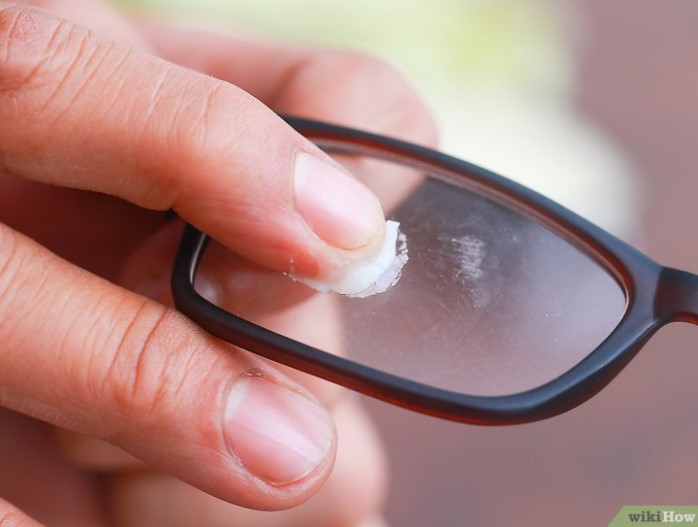
Folk and professional means for grinding
To remove minor damage, it is not necessary to contact specialized organizations. You can carry out polishing yourself using the simplest household products.
Before you begin removing scratches, Wipe the glass thoroughly with a special soft cloth, thus removing excess dirt from the surface.
Toothpaste
Will help you cope quickly with minor defects. When choosing make sure there are no abrasive particles in the composition. Perfect option - children's toothpaste.
Apply it with a soft cloth or cosmetic sponge, gradually rubbing it into the lenses in a circular motion. It is better to rinse off with cold water. If necessary, the procedure can be repeated several more times.
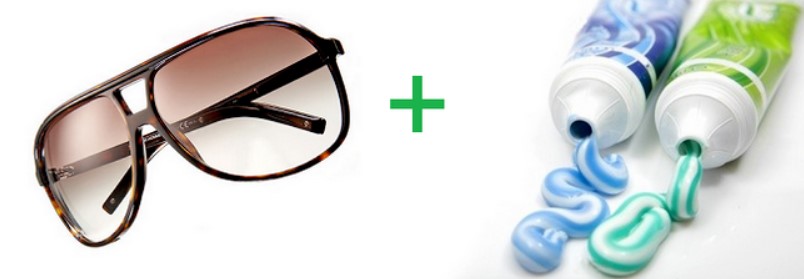
Soda
It will remove defects from plastic glasses no less effectively. To do this, add some water to it to make a paste. Apply with a sponge or cotton swab, gently rubbing into the surface of the glasses. Wash off the remaining mixture with soapy water..

Paste GOI
Its main purpose is to care for optics. To carry out the procedure the lenses are pulled out of the frame and placed with the scratch side down on felt, onto which the paste was previously applied. The glasses are rotated over the material, rubbing the product.
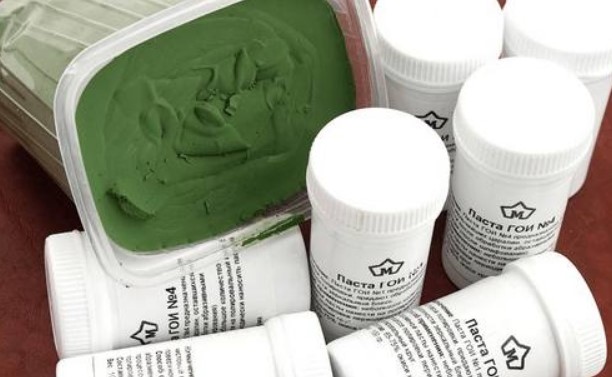
Wax
A deep scratch can be removed with car polishing products. They are applied to areas with defects and, strictly following the instructions, polish the lenses.Then wipe with a napkin or cotton wool moistened with alcohol. You can repeat it in a week.
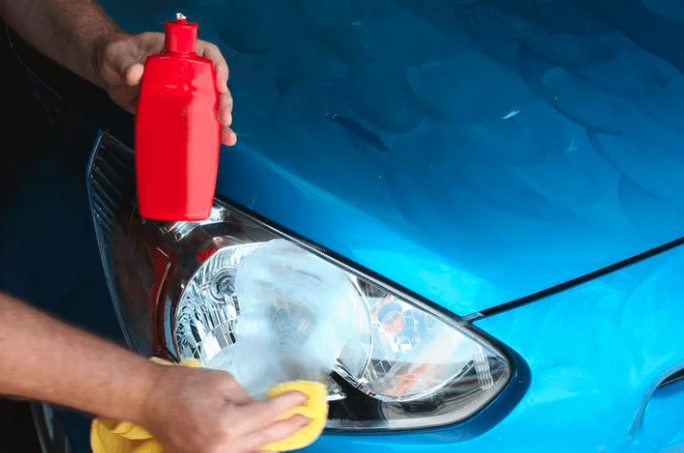
Special polishes
Polishes for metal or wood products do an excellent job of removing defects that have arisen. Liquid Apply to lenses and polish thoroughly with a soft cloth. Before use, make sure that no acetone is added to the liquid, which can damage not only the glass, but also the frame.
Important! When using wood polish It is recommended to apply Vaseline to the plastic first. It will fill large scratches, and polish will smooth out shallow defects.
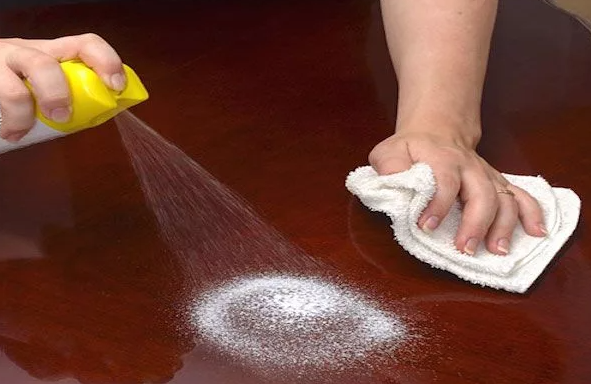
Baby shampoo
It will help to deal especially gently with cracks in glass without damaging it. After the procedure, you need to wipe the lens with a special cloth for computer screens.
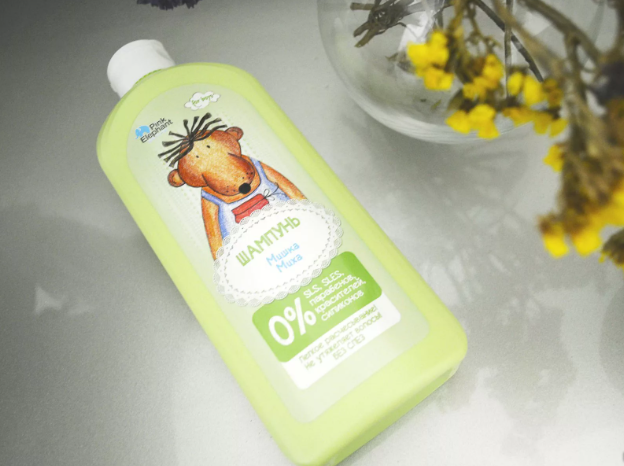
Vinegar
You can also remove minor scratches using a solution of baking soda and white vinegar, which will effectively clean the plastic from damage.
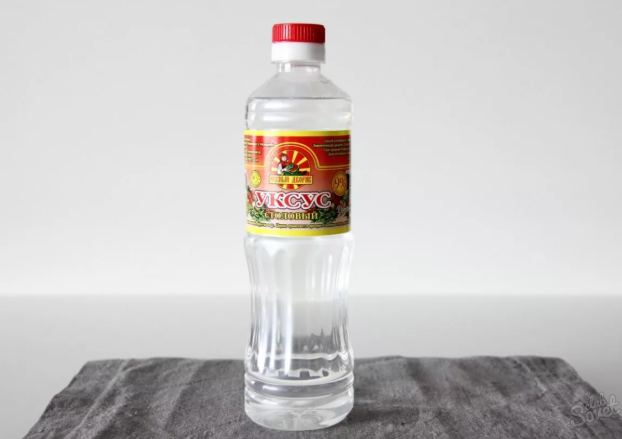
Glass or dishwashing liquid
If abrasions appear, you can rub the lenses with any glass cleaner or dishwashing liquid. After this, your glasses will shine like new.
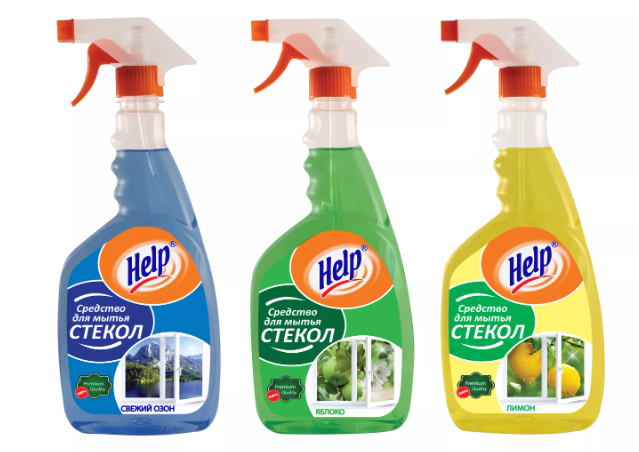
Alcohol
Rubbing alcohol is a great way to clean plastic glass. Recommended mix it with soda, apply the mixture, then rinse the lenses with water and rub with a piece of microfiber.
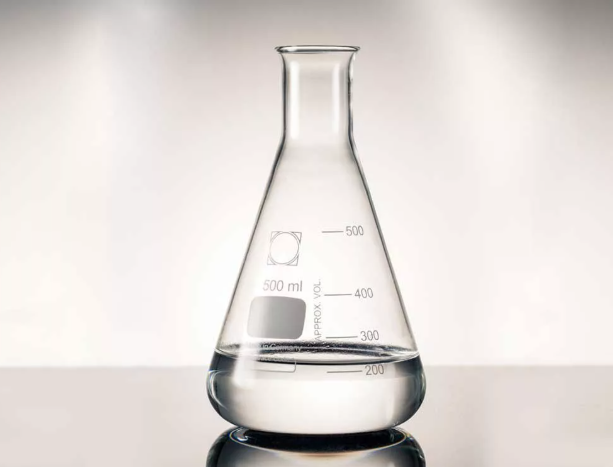
Soap
This method is less effective and may not remove all cracks. However, adding baking soda will make the scratches disappear quickly. At the end, the glasses are rinsed with water and wiped with a soft cloth.
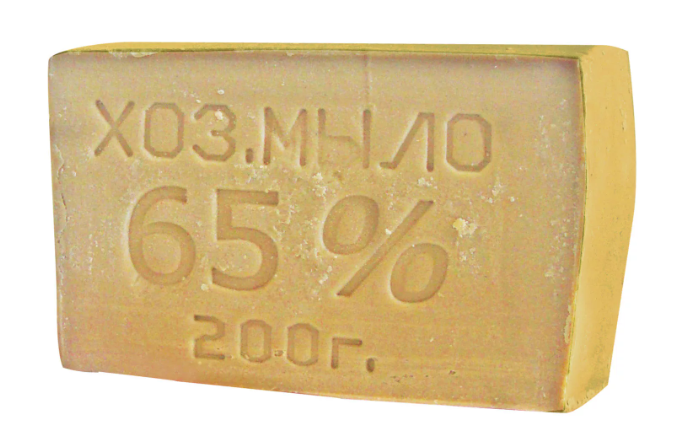
CD Spray
The liquid is sprayed onto the surface of the lenses, after which they are rubbed with a clean and soft cloth until dry.
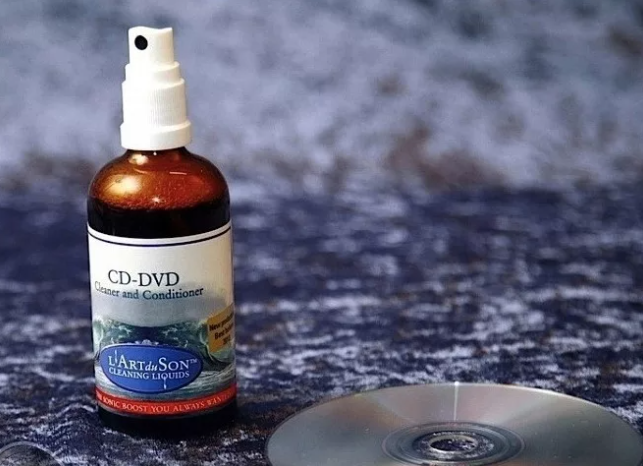
Is it even possible to polish plastic?
Despite the quality, price and manufacturer of such lenses, with constant use they become worn out and scratched.To extend the life of the accessory, as well as improve its appearance, it is recommended to properly care for it, that is, polish it periodically.
Important! The procedure must be carried out using only those preparations that do not contain abrasive substances and will not have a dangerous effect on plastic glasses, damaging their surface.
Differences in polishing small, deep, extensive scratches
You can remove tiny abrasions on lenses yourself using one of the above methods and a soft polishing cloth. The main thing that the product did not damage the surface and did not lead to the formation of complications in the form of large cracks or other damage. By regularly polishing your plastic glasses, small scratches will quickly disappear from the lenses..
The presence of deep or even extensive damage requires more serious action, so deal with soap, vinegar or toothpaste in this case will not work. To eliminate such problems, it is necessary to remove the entire surface layer of glass.
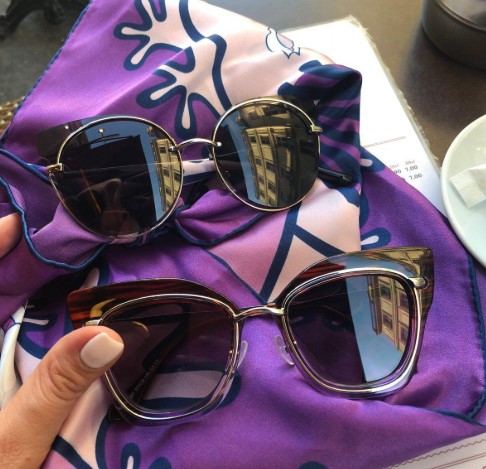
Recommendations for removing scratches
- Before you start polishing your glasses, you need to wash the glasses with warm soapy water to remove dirt and dust that has clogged up in the cracks.
- If scratches constantly appear on your glasses, it is recommended to install a protective coating on them. If handled carelessly, this layer is also subject to damage, so it is worth storing the accessory in a special case.
- Sometimes none of the methods presented helps to cope with cloudy glass. In this case, it is recommended to seek the help of a specialist.
When trying to get rid of cracks in anti-reflective sunglasses yourself, you should remember that even the most common product can simply erase the anti-reflective layer.
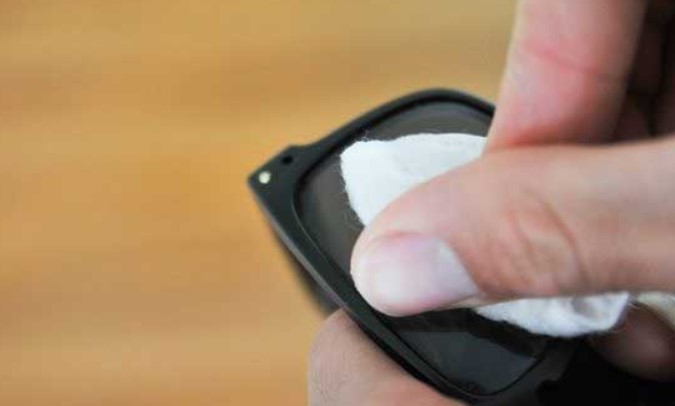
Causes of scratches
Damage such as small scuffs on glasses is a familiar problem for every owner. Minor defects occur as a result of regular and prolonged use, as well as when storing glasses in a pocket or bag without a protective case.
With constant wear, small dust particles accumulate around the frame, which are difficult to see with the naked eye. When cleaning the glass with a cloth, dust particles along with the cloth roll over the lenses, scratching them. Sometimes sand appears on the surface (for example, from the wind), which has strong abrasive properties. As a result, larger damage may occur.
Absolutely everyone develops scratches on plastic over time, regardless of how the accessory is stored or the method of cleaning it.


 0
0